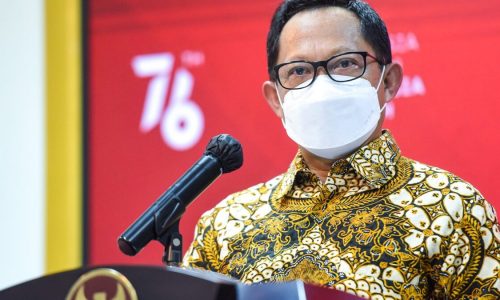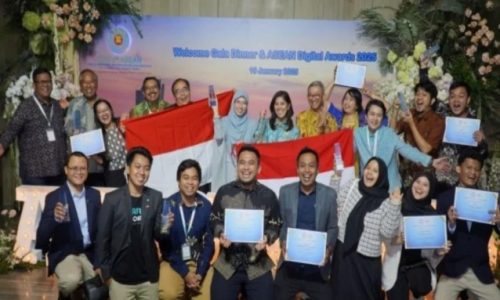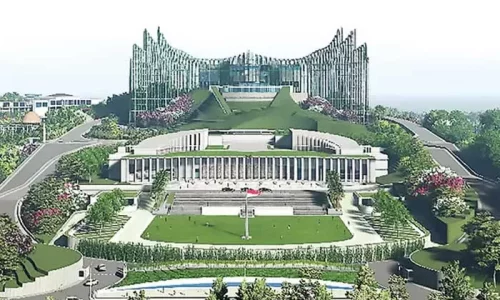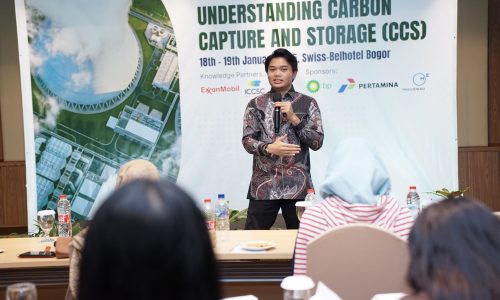The Upstream Oil and Gas Regulatory Task Force (SKK Migas) is aggressively pushing for an increase in national oil and gas production by reactivating wells that have long been inactive or idle.
This measure is taken to support the government’s mission to achieve energy self-sufficiency under the leadership of President Prabowo Subianto.
Head of SKK Migas, Dwi Soetjipto, said that to date there are around 6,402 idle wells in Indonesia, with 4,457 of them having the potential to be reactivated, while 1,040 others are still in the evaluation stage.
Of the total, around 4,886 idle wells are owned by the Pertamina Group, of which 4,200 wells have been identified as having the potential to produce around 2.23 barrels oil per day (BOPD) per well. The rest, namely 1,516 idle wells, are under the management of contractors (KKKS) other than Pertamina.
Dwi targets the reactivation of around 1,000 to 1,500 idle wells each year, with the hope of achieving optimization of all idle wells by 2028.
“We are pursuing these idle fields and idle wells, and we hope to collaborate with KKKS to achieve this target,” Dwi said in media statement as quoted on Tuesday, October 29, 2024.
Although these idle wells will not produce oil volumes as large as new wells, Dwi is optimistic that reactivation will have a positive impact. Based on previous reactivation results, around 45 percent of the idle wells that were reactivated produced around 10 BOPD, 6 percent produced 10-20 BOPD, and 18 percent were able to produce more than 20 BOPD, while the rest failed.
This step to accelerate reactivation is supported by the issuance of Energy and Mineral Resources (ESDM) Ministerial Regulation No. 110/2024 which allows the government to take over the discovery of undeveloped fields.
Dwi hopes that this reactivation can contribute to the achievement of President Prabowo’s energy targets, especially in the first 100 days of his leadership.
“This is part of a short-term effort to increase national oil and gas production, and we will work with various parties so that this step is successful,” Dwi concluded.









